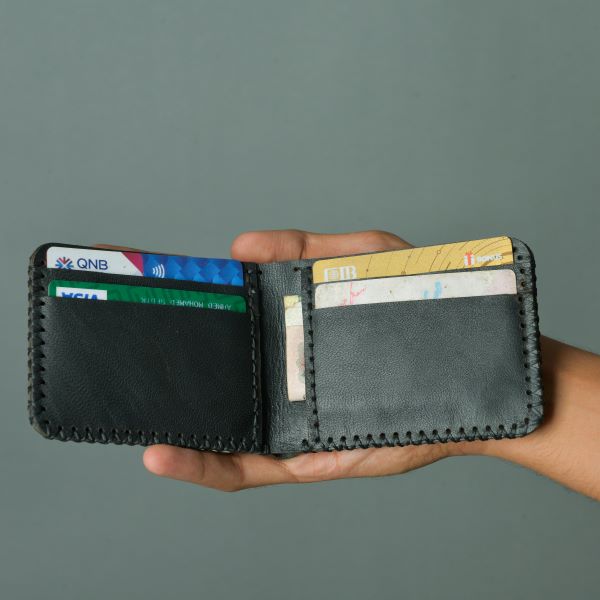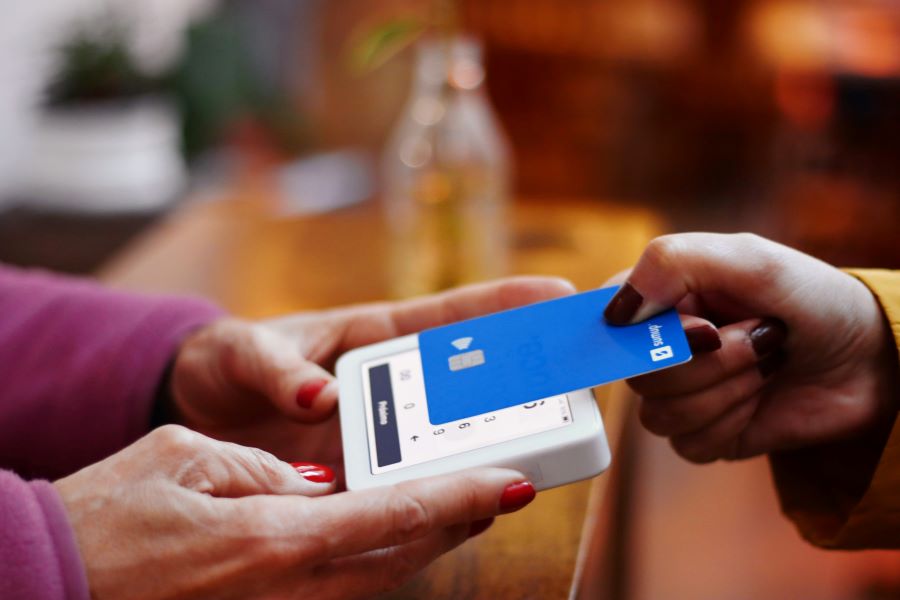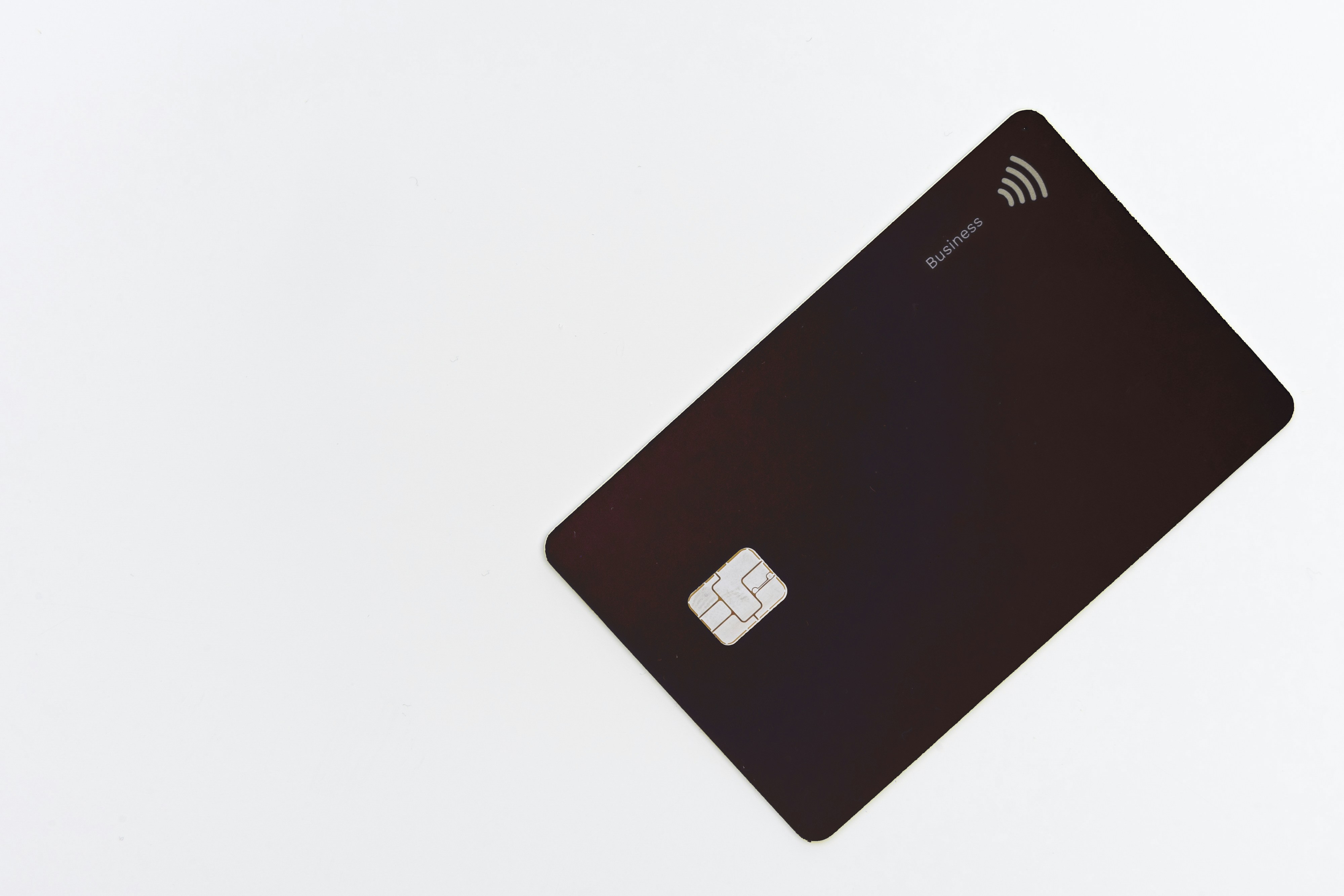These days, the risk of identity theft is a growing concern for individuals. Identity theft occurs when someone steals your personal information, such as your Social Security number or credit card details, to commit fraud or other crimes. One effective way to safeguard your sensitive information and prevent identity theft is by implementing a credit freeze. In this article, we will explore how credit freezes can help protect you from identity theft and provide valuable insights on how to enhance your financial security.
Understanding Credit Freezes and Identity Theft
Credit Freeze and Identity Theft:
A credit freeze, also known as a security freeze, is a proactive measure that restricts access to your credit report. By placing a credit freeze on your file, you can prevent identity thieves from opening new accounts or obtaining credit in your name since most creditors require access to your credit report before approving applications.
Also Read: Difference Between Visa Signature Vs Platinum Credit Card
Freeze Social Security Number Identity Theft:
Your Social Security number is a key piece of information that identity thieves target to commit various types of fraud. By freezing your credit, you can add an extra layer of protection to your Social Security number and minimise the risk of identity theft.
Freeze Credit Identity Theft:
Identity thieves often use stolen credit information to make unauthorized purchases or open fraudulent accounts. By freezing your credit, you can effectively block unauthorized access to your credit report and prevent criminals from using your credit information for illicit purposes.
How Credit Freezes Help Combat Identity Theft
Prevent New Account Fraud:
Identity thieves often try to open new credit accounts in the victim’s name. With a credit freeze in place, creditors cannot access your credit report to approve new credit applications, making it significantly harder for fraudsters to open fraudulent accounts using your information.
Also Read: Difference Between Visa Card and Rupay Card
Enhance Security of Personal Information:
By freezing your credit, you are taking proactive steps to secure your personal information, including your Social Security number and credit details, from falling into the wrong hands. This can help reduce the risk of identity theft and financial fraud.
Early Detection of Suspicious Activity:
When you have a credit freeze in place, any attempts to access your credit report without authorization will be blocked. This can serve as an early warning sign of potential identity theft, prompting you to take immediate action to protect your credit information.
Steps to Implement a Credit Freeze
Contact the Credit Bureaus:
To initiate a credit freeze, you need to contact each of the three major credit bureaus – Equifax, Experian, and TransUnion. You can request a credit freeze online, by phone, or through mail, providing the necessary personal information and documentation.
Receive a Unique PIN:
When you place a credit freeze, you will receive a unique PIN from each credit bureau. This PIN is essential for unfreezing your credit in the future or temporarily lifting the freeze when needed.
Monitor Your Credit Activity:
After implementing a credit freeze, it’s important to monitor your credit activity regularly. Check your credit reports for any suspicious activity, such as unfamiliar accounts or transactions, which may indicate potential identity theft.
Get your Airtel credit card from Airtel Finance and make the most of great benefits like:
- Enjoy a 25% discount on all recharges made via the Airtel Thanks App.
- Receive a 10% discount on deliveries from Zomato, Swiggy, and Bigbasket.
- Earn a 10% cashback on utility bill payments.
- Access airport lounges throughout the year.
- Get an additional 1% cashback on all other expenditures.
- Benefit from a 1% fuel surcharge waiver on fuel transactions.
Just download the Airtel Thanks App and follow all the instructions to avail a credit card within 24 hours.
Also Read: Difference Between MasterCard and Visa Card
FAQs
1. Can a credit freeze prevent all forms of identity theft?
While a credit freeze is a valuable tool in preventing new account fraud, it may not safeguard you against all forms of identity theft. It is important to remain vigilant and take additional steps, such as monitoring your accounts and using strong passwords, to protect yourself from various types of identity theft.
2. Will a credit freeze impact my ability to use existing credit accounts?
Placing a credit freeze does not affect your existing credit accounts. You can continue to use your credit cards and loans as usual. However, you may need to temporarily lift the freeze if you plan to apply for new credit or loans.
3. How long does it take to unfreeze my credit if needed?
The time taken to unfreeze your credit can vary depending on the credit bureau and the method you choose to lift the freeze. In most cases, online requests are processed instantly, while phone or mail requests may take a few days to complete.
4. Is there a cost associated with placing a credit freeze?
In most states, placing a credit freeze is free of charge. However, some states may have specific regulations regarding credit freeze fees, so it’s advisable to check with the credit bureaus or your state’s laws.
5. Can I unfreeze my credit for a specific period only?
Yes, you can choose to unfreeze your credit temporarily for a specified duration. This is useful when you need creditors to access your credit report for a limited time, such as when applying for a new loan or credit card.
By implementing a credit freeze and understanding how it can protect you from identity theft, you can take proactive steps to enhance your financial security and safeguard your personal information from potential fraudsters. Stay informed, stay vigilant, and take control of your credit information to mitigate the risks of identity theft.


 Get App
Get App  Airtel Store
Airtel Store  Login
Login 



